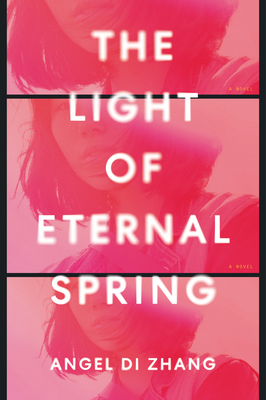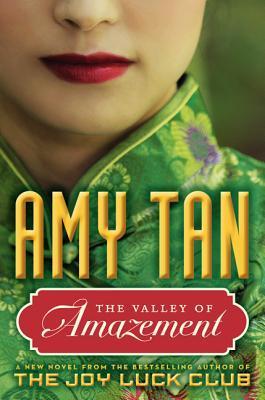
Land of Milk and Honey
Book Description
Amidst an unforgiving landscape, two sisters embark on a perilous journey across a ravaged America in search of a future where love and hope blossom like wildflowers. As they face treacherous terrains and the haunting shadows of a disintegrating world, their bond is tested by the weight of their desires and the harsh realities around them. With every step, danger lurks, and trust becomes a precious currency. Will they find sanctuary in a land where dreams flourish, or will the perils of their past consume them? In a world where survival is a relentless battle, what price are they willing to pay for a taste of freedom?
Quick Book Summary
"Land of Milk and Honey" by C Pam Zhang unfolds in a climate-ravaged near-future America where scarcity, environmental collapse, and hunger define existence. The story centers on two sisters who, in the face of devastation, embark on an arduous journey in search of a rumored land where abundance and hope might still exist. Along treacherous backroads and through fractured communities, the sisters confront the raw realities of survival—hunger, desperation, and the blurred lines between right and wrong. Their bond, forged through shared hardship and tested by individual longing, drives the narrative. As landscapes shift from barren to briefly bountiful, they are forced to weigh the risks of trust, the price of survival, and the sacrifices demanded by hope. Zhang’s novel examines the tenacity of love, the corrosive effects of deprivation, and the cost of seeking sanctuary in a world fundamentally altered by loss.
Summary of Key Ideas
Table of Contents
Sisterhood and Survival
The story is set in a not-too-distant future where climate catastrophe has rendered the land nearly infertile, and society has fractured under the weight of ecological disaster. Food is scarce, and only the privileged have access to luxuries once taken for granted. In this bleak landscape, the narrative follows two sisters driven by both necessity and the promise of something better—a land rumored to brim with abundance and possibility. Their journey is perilous, marked by the ever-present threat of starvation, predatory travelers, and the crumbling remnants of civilization.
Scarcity and Abundance
The relationship between the sisters forms the emotional heart of the novel. Their shared history, distinct personalities, and sometimes conflicting desires propel them through challenges both external and internal. Trust, forged in childhood, is continually tested—by the rigors of the road, by the temptations presented by temporary havens, and by the scant hope of a better life. The sisters’ differing responses to scarcity and risk introduce complicated dynamics, shedding light on how crises shape familial bonds and force difficult choices.
The Pursuit of Hope in Desolation
Scarcity shapes every aspect of daily life, from what the sisters eat to whom they trust. Zhang foregrounds the relationship between deprivation and identity, using hunger not only as a physical sensation but also as a metaphorical longing—both for nourishment and for emotional fulfillment. Scenes involving food highlight memory, tradition, and the cruel contrast between past abundance and present want. The pursuit of food, and the moments when the sisters taste fleeting luxury, serve as reminders of their humanity amid the dehumanizing effects of the world around them.
Ethics in a Broken World
The novel’s dystopian setting amplifies moral ambiguity. The sisters navigate interactions with strangers that veer from hopeful to perilous, with trust a scarce resource as precious as food. Zhang explores the ethical compromises demanded by survival, asking whether hope is itself a luxury or a necessity. The possibility of a true “land of milk and honey” remains tantalizing but elusive, a beacon for the sisters but also a test of what they are willing to sacrifice—for themselves, and for each other.
Food as Memory and Metaphor
Ultimately, "Land of Milk and Honey" is a meditation on resilience and the human capacity to hold onto love and hope amid devastation. Zhang’s vivid writing uses the language of food and landscape to evoke both loss and longing. The sisters’ journey becomes an exploration of what endures when all else falls away, leaving readers to contemplate the price of survival and the enduring possibility of renewal, even in the harshest of times.
Download This Summary
Get a free PDF of this summary instantly — no email required.





